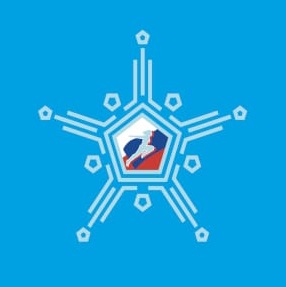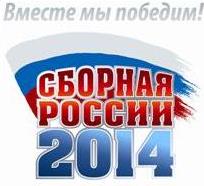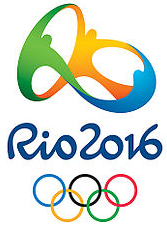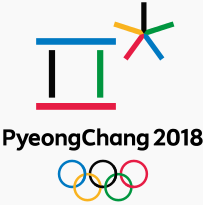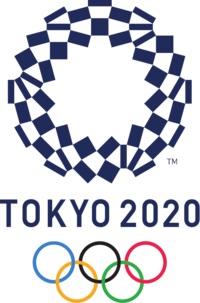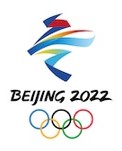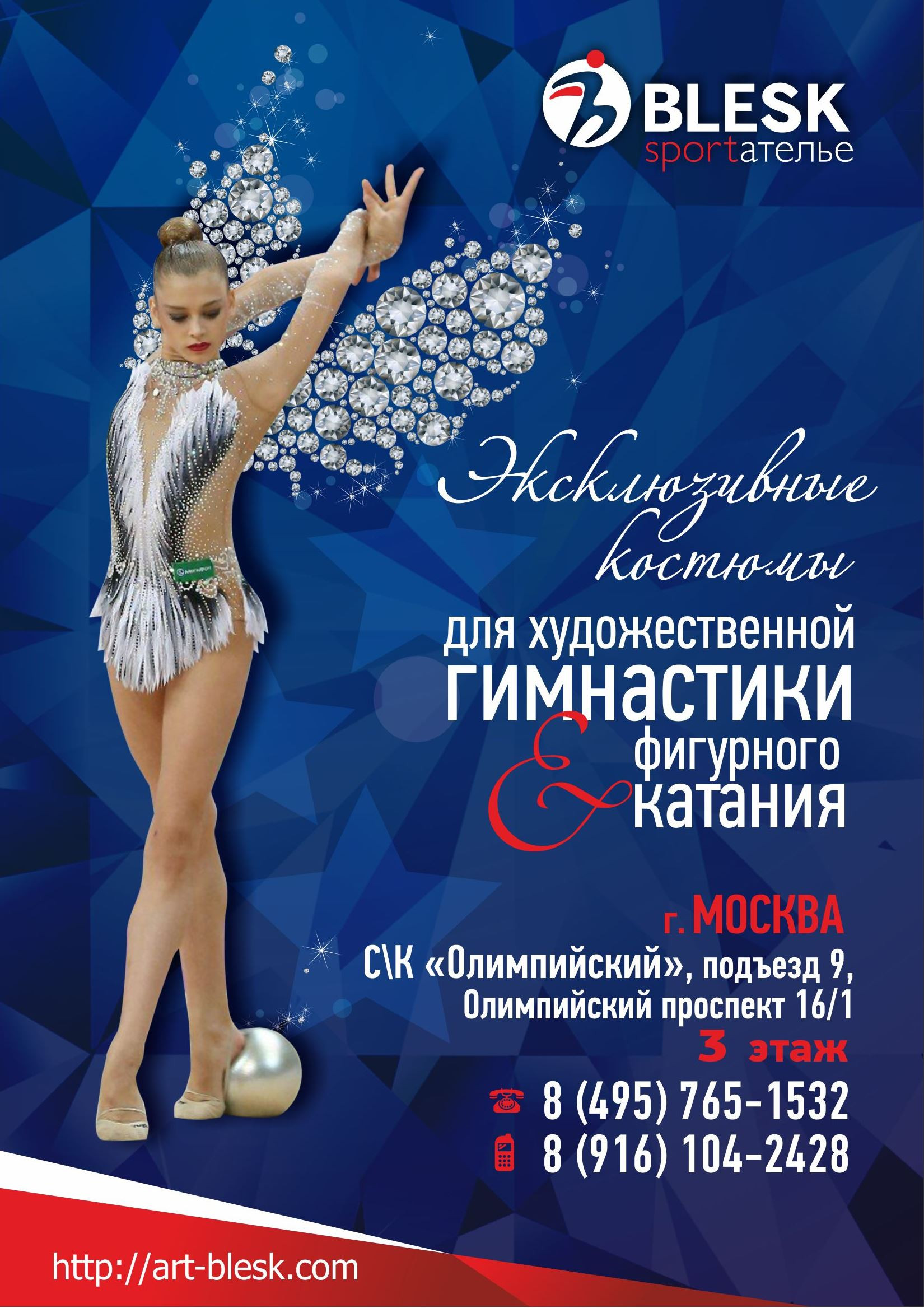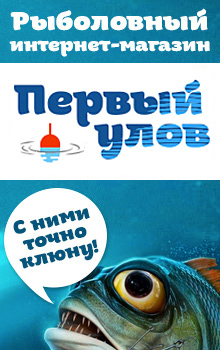
| НАШИ ПРЕДЛОЖЕНИЯ | НАША ИСТОРИЯ | НАША КОМАНДА | НАШИ ПРОЕКТЫ | НАШИ ПАРТНЁРЫ | НАШИ КОНТАКТЫ |
ATHLETICS. Valentin Balakhnichev: The suspension of our athletes instead of disqualification, I believe is proof that they aren’t accused, but only suspected
Yesterday, July 30th, the International Association Athletics Federation (IAAF) informed the All-Russian Athletics Federation (ARAF) of its decision to temporarily suspend six Russian athletes from participation in all competitions under the auspices of the IAAF, including the Olympic Games - Yelena Soboleva, Dariya Pishchalnikova, Gulfiya Khanafeeva, Tatiana Tomashova, Yulia Fomenko and Svetlana Cherkasova. The ARAF President, IAAF Council member Valentin Balakhnichev tells the Agency of Sport Information "All Sport" all the details of the case.- Valentin Vasilyevich, when did you learn of the suspicions concerning the Russian athletes?
- In June. I was informed that a DNA mismatch was discovered in the doping samples taken from seven Russian athletes in 2007. Check samples were taken from out-of-competition tests during April-May 2007 and at the World Championships in Osaka during August-September 2007. A folder was put before me regarding the case: “Valentin, please familiarize yourself with this carefully.”
- How have subsequent events developed?
- The first condition of our conversation was information on the closure of the case, so we took no action, nor could we take any. On the eve of the pre-Olympic Russian Athletics Championships in Kazan, I asked the IAAF the question: “What do we do? Should we allow or disallow the athletes to compete?” Incidentally, we did actually exclude one athlete from participating in the Russian championships on the basis of a positive “A”-sample. But the IAAF replied that there was no basis for suspensions at the moment. As you know, all these sportswomen competed in Kazan, and five of them were selected for the Olympic team for the Games in Beijing. Furthermore, Yelena Soboleva produced the season’s best result in the world in the 800 m. On the day following the Russian championships, July 21st, Gabriel Dolle flew into Moscow. The sportswomen agreed to take a DNA test - and Gabriel Dolle himself took swabs from the insides of their cheeks. Incidentally, I consider this voluntary cooperation with the IAAF, not prescribed by any regulatory directive, this desire to understand what happened in reality on the part of our athletes, to be indirect evidence of their innocence. On Friday I was told: these tests have shown that the true DNA of the athletes doesn’t match the DNA from the samples dated April-May 2007. And yesterday the IAAF told us by e-mail of their decision to temporarily suspend Yelena Soboleva, Dariya Pishchalnikova, Gulfiya Khanafeeva, Tatiana Tomashova, Yulia Fomenko and Svetlana Cherkasova from participation in all competitions under the auspices of IAAF.
- Initially they reported nonconformity of the DNA from seven athletes. Why were only six suspended?
- The list also included Olga Yegorova, the two-time world champion from 2001. However, she wasn’t in Moscow during Gabriel Dolle’s visit, she never took a DNA test, so yesterday’s e-mail said nothing about her suspension. Now, I think, maybe the rest shouldn’t have taken the DNA test - then there would be no suspension (smiling sadly). Black humor.
- The IAAF compared the doping samples taken from our athletes in April-May and August-September 2007. They only reported their suspicions to you in June. Does DNA testing really take so long - six to eight months? Or did the idea of comparing samples only occur to someone at the IAAF relatively recently?
- Even at the first meeting in June, while still in a state of shock, I asked everyone present the question: “My colleagues in the IAAF who call me friend, why were you unable to tell me earlier? Why was everything done in secret, and now a month and a half before the Olympic Games you put me in such an interesting position?” They claimed that the tests were long and complicated, that everything was not obvious, and so on.
- However, as I understand it, the samples taken from the girls in Moscow were analyzed and compared to the DNA from the two prior ones literally within two or three days.
- If we figure from when they were taken and when we heard the results, that’s right.
- You used the phrase “the IAAF told us of their decision to suspend the sportswomen from participating in all competitions under the IAAF’s auspices.” This raises two questions. First: why did the IAAF make the decision, and not the national federation, as is customary in athletics? Second: why did the IAAF suspend but not disqualify these athletes?
- Indeed, according to usual practice, decisions on all doping cases, whether exculpatory or indictments, are handed down by the national federations. If the IAAF agrees with the judgment, they approve it, and if they don’t agree, they contest it in the court of sports arbitration (CAS) in Lausanne. But the IAAF has the right to make independent decisions on any matter, and in this case they took advantage of that right. Suspension instead of disqualification is evidence, I believe, that our athletes are not accused, but only suspected. Sometimes the IAAF, before making a final decision, will conduct a deeper investigation. But truly, the effect of the IAAF’s declared decision is that the girls already, unfortunately, won’t be able to participate in the Olympic Games in Beijing.
- And maybe the IAAF doesn’t disqualify, but rather suspends our athletes, because suspensions, unlike disqualifications, cannot be appealed to the CAS? Given that the CAS is now already working under the Olympic format and are obligated to consider all issues relating to the Olympic Games within 24-x hours, this is a very important nuance.
- When we consulted with the lawyers of the Russian Olympic Committee, they told us about this nuance.
- In the folder which you received in June, and in those messages that you received later, is there any evidence with which to charge or suspect?
- This is the most fundamental point: in all the documents we have on this case, there is no evidence, even indirect, that the samples were substituted by the athletes. Probably this cannot be proven in principle. The only grounds on which this decision rests is the different DNA in the different doping samples.
- Were any prohibited substances detected?
- No, none, not one.
- And do the IAAF anti-doping rules or the Code of the World Anti-Doping Agency (WADA) say anything about sanctions against athletes whose samples for some reason have different DNA?
- The third version of the WADA Code, which will come into force on January 1st, 2009, states that DNA can serve as circumstantial evidence of the guilt or innocence of athletes.
- Does WADA know about the suspension of Russian athletes from participating in the Olympic games based upon DNA indices?
- I asked one person who’s in the central office of WADA, the same question. He replied: "We know that the IAAF began an experiment, and we support this experiment."
- What do you intend to do now?
- Now for me, as the head of the national federation, the most important thing is that this situation is not projected onto the entire Russian team, doesn’t interfere with its preparations for the Olympic Games and its successful performance there. I’m in touch with the girls, trying to reassure them, to help put together some kind of position. And I await further actions and decisions from the IAAF. The international federation has to take some action on this.
